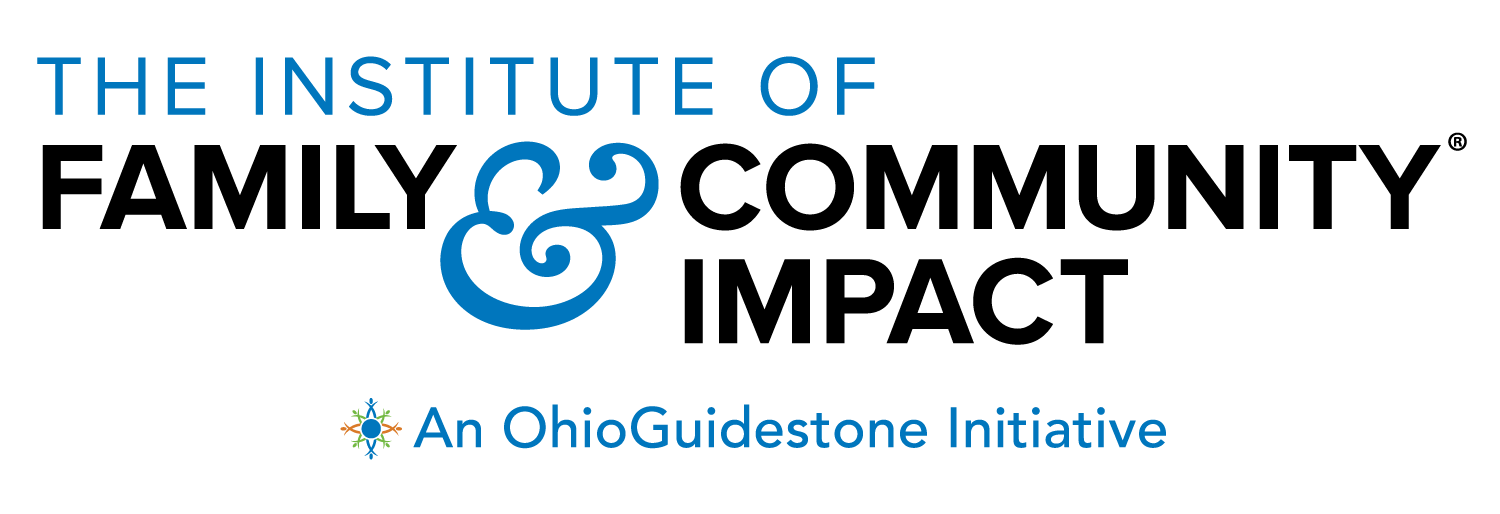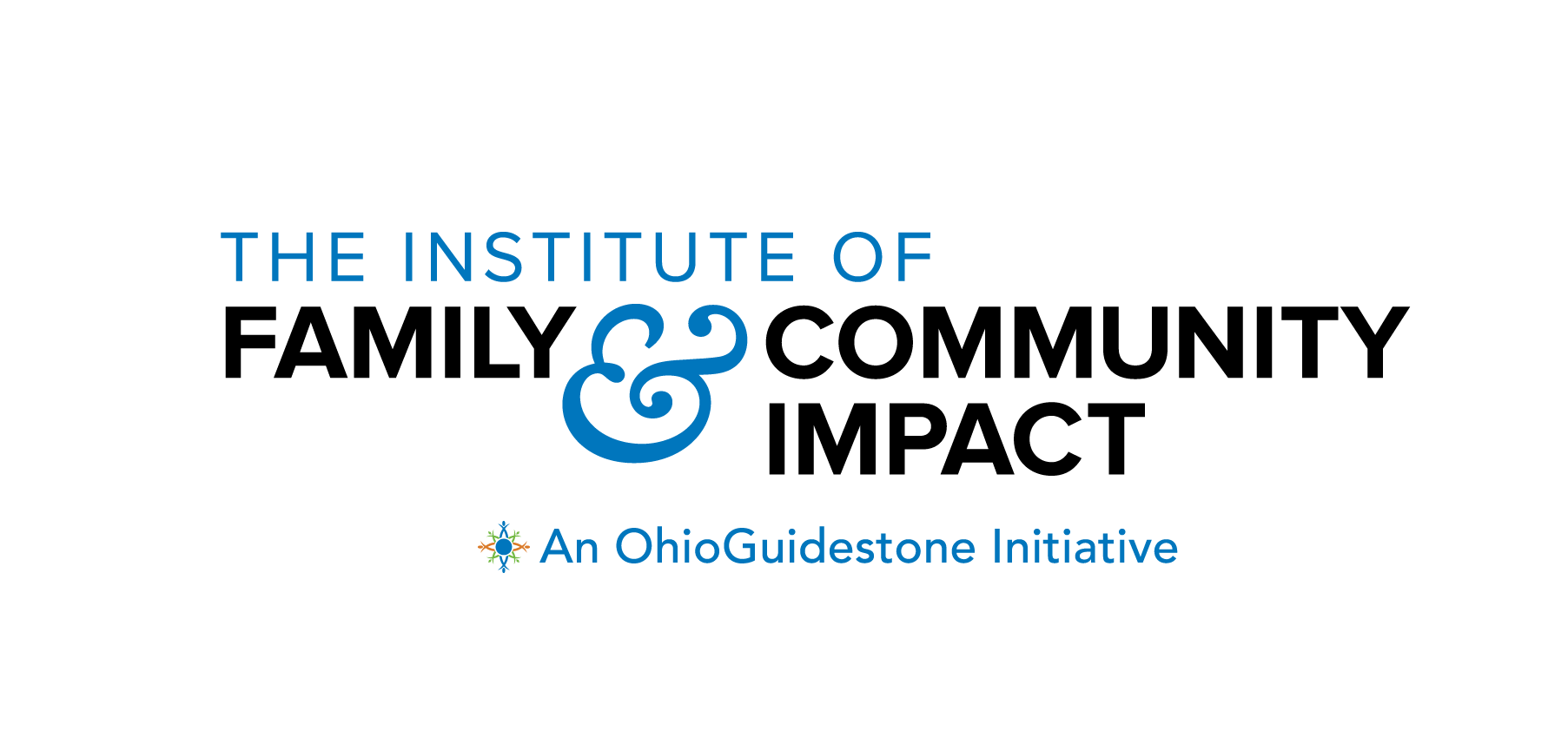
Social Drivers of Mental Health: Article Summary & 7 Important Recommendations
Table of Contents
What are Scientific Summaries?
At the Institute of Family and Community Impact we are committed to reading and sharing literature on topics pertaining to the health of our families and communities in our website content and on our social media pages. Today, we are summarizing and presenting the seven Public Health recommendations from Kirkbride, et al. 2024. This scientific article delves into social drivers of mental health and disorders through an evidence-based prevention perspective to provide readers with a comprehensive understanding of how social factors can impact mental health outcomes and strategies to prevent and address these factors systematically.
Stay tuned for more insightful article summaries and resources on our website and social media platforms as we continue to promote health and well-being for all.
Addressing our Use of “Social Drivers”

First, we would like to recognize our new adoption of the term “social drivers” in place of “social determinants.” At the Institute, we know policies, systems, and structures fuel inequities in areas affecting an individual’s overall health, such as housing, access to food, transportation, and healthcare. Recent Research has suggested “drivers” is a term that communities prefer over “determinants” because it is more accessible, relatable and understandable.
Adopting the term “social drivers” emphasizes these factors contributing to mental and physical health can be impacted and changed. “Determinants” oftentimes is associated with finality, which has potential to minimize accountability among those with power in our society such as policymakers. The finality of “determinants” also has the potential to reduce hope for mental and physical health improvement in individuals, families, and communities.
Social drivers of health are impacted by political and social decisions of those in power- creating these inequities. Lack of access to safe housing, food, and water are not predetermined at birth, and there are many ways as a society to address these inequities. We use “social drivers” to emphasize there is no finality in systemic and structural inequities rooted in racism, classism, sexism, ageism, homophobia, fatphobia/anti-fat prejudice, ableism, and many others. As a society we must recognize social drivers of health can be addressed through systematic change.
Quick Summary of the Social Drivers Research:
Kirkbride, et al. (2024) explore social drivers (determinants) of health as the most adaptable intervention targets for preventing the development of mental health issues and disorders, and for enhancing positive mental health outcomes within our communities. What does this mean and why does it matter?
Research has continuously shown that people exposed to unfavorable social circumstances are more likely to experience poor mental and physical health outcomes over their life course. These mental and physical health outcomes are oftentimes determined by structural factors which perpetuate intergenerational cycles of systematically preventative health issues and layered minoritization.
In this article, they provide us with a guide to address these social drivers that have been found to cause mental health issues. They present evidence from existing literature that establishes a causal connection between social drivers and later mental health outcomes while focusing on the most pervasive and common across major mental health disorders.
What to Expect to Find:
The article primarily draws upon evidence focused on mental health in groups who are minoritized and exposed to intersecting social risk factors. In introducing a preventative framework, Kirkbride, et al. (2024) give us hope for a future where social drivers of health are addressed prior to causing intergenerational harm. The preventive framework conceptualizes the link between social drivers and mental health, leading to the development of innovative primary prevention methods that can lessen disparities and enhance holistic well-being across populations.
Although their focus is centered around primary prevention strategies, they also explore and review the importance of secondary and tertiary strategies for those who have already been impacted by social drivers living with mental disorders. Their seven key recommendations rooted in social justice offer us hope for a path forward where social drivers are eradicated by systematic, and individual prevention efforts. These recommendations call for us to take action in policy, public health, and research.
Quick Look at the 7 Recommendations:
- Place social justice at the forefront of all public mental health interventions.
- Invest in interventions that benefit multiple domains. (I.e., physical health & mental health needs).
- Invest in interventions targeting key life stages to break the cycle of mental health inequalities across generations.
- Give priority to interventions focusing on poverty alleviations.
- Enhance the quality of research on social drivers [determinants] of mental health and prevention by strengthening causal inference.
- Set up comprehensive, ongoing monitoring of population health (Longitudinal monitoring).
- Improve the balance among primary, secondary, and tertiary prevention in mental health.
Social Drivers Research Source & Link
This article is accessible to everyone at no cost, and we encourage you to read the full article to explore Social Drivers (Determinants) of mental health, their impact, prevention opportunities and the 7 recommendations by Kirkbride, et al. 2024 in more detail:
Link: https://www.ncbi.nlm.nih.gov/pmc/articles/PMC10786006/
Source: Kirkbride JB, Anglin DM, Colman I, Dykxhoorn J, Jones PB, Patalay P, Pitman A, Soneson E, Steare T, Wright T, Griffiths SL. The social determinants of mental health and disorder: evidence, prevention and recommendations. World Psychiatry. 2024 Feb;23(1):58-90. doi: 10.1002/wps.21160. PMID: 38214615; PMCID: PMC10786006.
Feedback & Comments
The Institute of Family & Community Impact, an initiative of OhioGuidestone, understands all of our work is informed by the communities we serve. Have questions about who we are or what we do? Or have a suggestion for our Scientific Summaries? Visit our FAQ page or contact us today.

Payten Kleinhenz
Payten Kleinhenz B.S., CDCA is a Behavioral Health Specialist IV at OhioGuidestone. As a former Research Analyst at the Institute of Family and Community Impact, she helped lead applied clinical science & research communications. She authored department written content such as newsletters and reports, social media posts, and articles by prioritizing evidence-based, research-backed writing and reader accessibility. She also managed research data through data collection, entry and storage. Payten graduated with a B.S. in Sociology from Western Carolina University in May 2022. Her sociological background drives her passion for dismantling systemic and structural barriers. Payten’s primary research and professional areas of interests include substance use disorders, and family/social ties in the context of power relations and structures.


